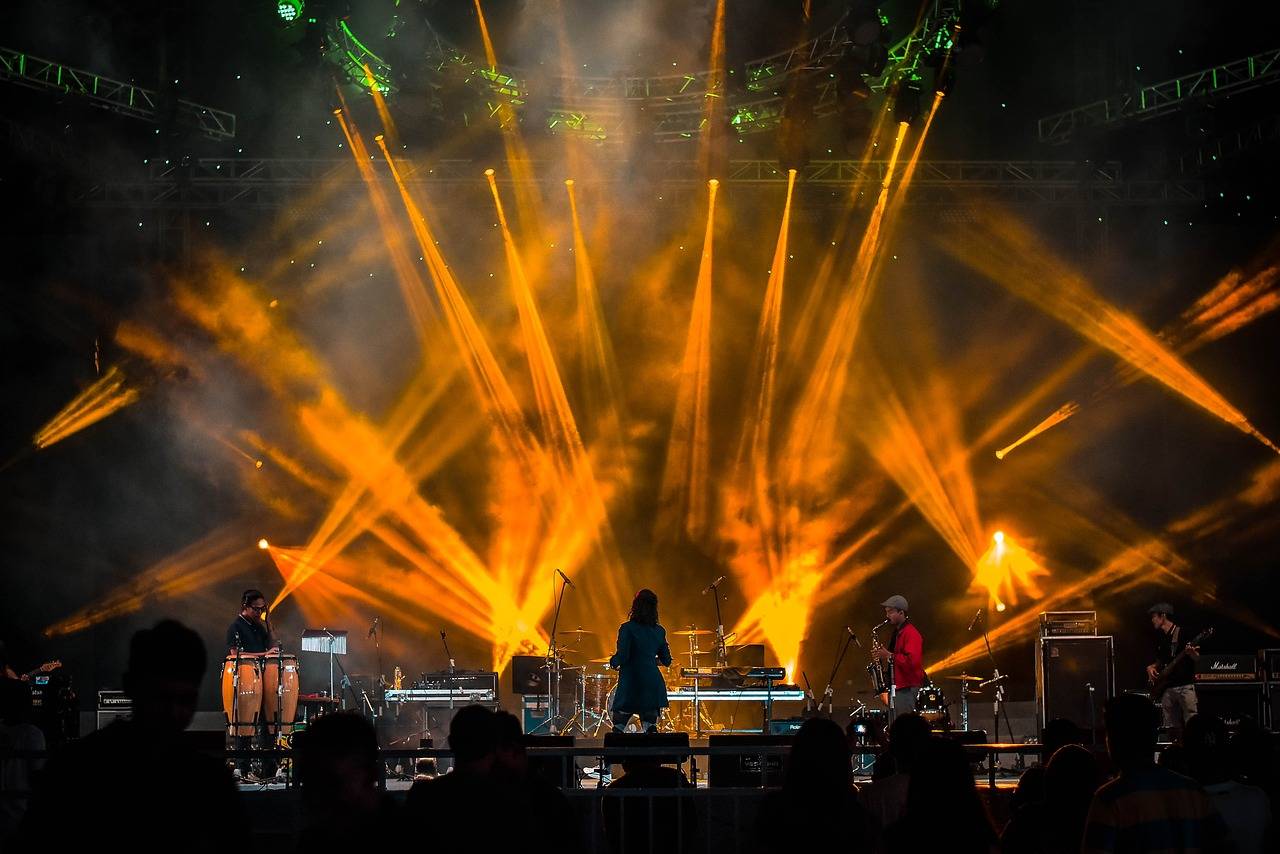Analyzing the Economics of Music Festivals: From Coachella to Glastonbury
Music festivals have become a significant driver of local economies around the world. From ticket sales to merchandise, these events generate substantial revenue streams that benefit not only the organizers but also the communities hosting them. The influx of visitors looking for accommodation, food, and transportation during the festival period also contributes to the economic boost experienced by the host cities.
Moreover, music festivals often create numerous job opportunities, both temporary and permanent, in various sectors such as hospitality, entertainment, and event management. Local businesses, including hotels, restaurants, and shops, witness a spike in sales during festival season, further enhancing the economic impact of these events. In addition to direct spending, music festivals also help increase the visibility of a destination, attracting more tourists in the long run and creating a ripple effect on the local economy.
Revenue Streams of Music Festivals
Music festivals generate revenue through various streams, with ticket sales being one of the primary sources. The sale of tickets to attendees is a crucial component of the financial success of music festivals, with prices varying based on factors such as lineup, location, and duration of the event. Promoters often offer early bird discounts and VIP packages to attract a broader audience and increase ticket sales.
In addition to ticket sales, music festivals derive revenue from sponsorships and partnerships with brands. Companies are eager to sponsor festivals as it provides them with a platform to advertise their products or services to a large and diverse audience. These partnerships can include branding opportunities, promotional activities, and product placements throughout the festival grounds, creating a win-win situation for both the festival organizers and the sponsoring companies.
How do music festivals generate revenue?
Music festivals generate revenue through ticket sales, sponsorships, merchandise sales, food and beverage sales, VIP packages, and advertising.
What is the economic impact of music festivals?
Music festivals have a significant economic impact on the local community, bringing in tourism revenue, creating jobs, and supporting local businesses.
How do sponsorships contribute to the revenue of music festivals?
Sponsorships play a crucial role in the revenue of music festivals by providing financial support in exchange for brand exposure and marketing opportunities.
Can you explain the revenue generated from merchandise sales at music festivals?
Merchandise sales at music festivals include items such as t-shirts, hats, posters, and other branded products, which contribute to the overall revenue of the event.
How do VIP packages contribute to the revenue of music festivals?
VIP packages offer exclusive perks such as premium seating, access to VIP lounges, and meet-and-greet opportunities, which attract high-paying customers and contribute to the revenue of music festivals.
What role does advertising play in the revenue streams of music festivals?
Advertising at music festivals includes on-site signage, digital marketing, and sponsor activations, which help generate revenue through brand partnerships and promotional opportunities.





